
When it comes to well-being, women and men can be as different as apples and oranges (or figs and eggplants). The differences aren’t just biological. You might be surprised to discover how many health conditions can vary hugely based on sex and gender.
01
Heart disease
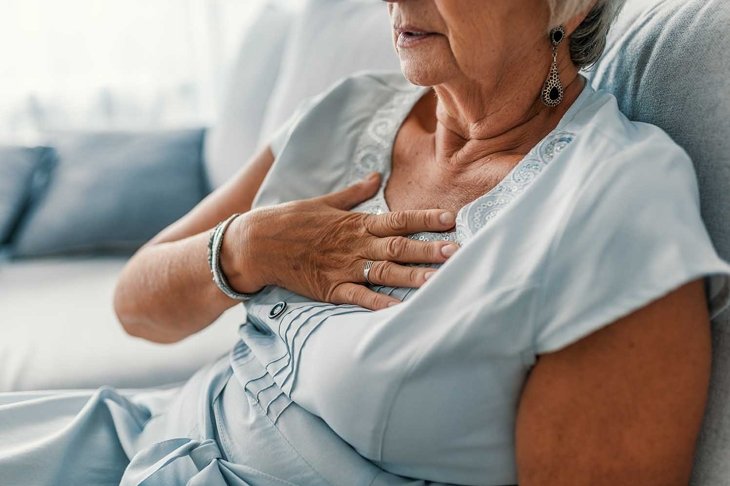
Men are twice as likely to have a heart attack. That’s probably why two-thirds of heart attack research has focused on men. But assuming that heart disease is just a guy thing means that it’s been majorly under-recognized and under-researched in the ladies. In fact, women are more likely to die after a heart attack than men are.
An American Heart Association survey found that only 13 percent of women surveyed felt that heart disease was their biggest health risk. They were more concerned about breast cancer, even though women are six times more likely to be struck down by heart disease.
Take heart: Ladies, don’t dismiss potential heart attack symptoms. Women are more likely to experience throat, jaw and neck discomfort. They also often—but not always—experience usual signs like chest pain. Everyone, call 911 immediately if you suspect a heart attack, and insist on having your heart checked if you think there is a problem.
02
Depression
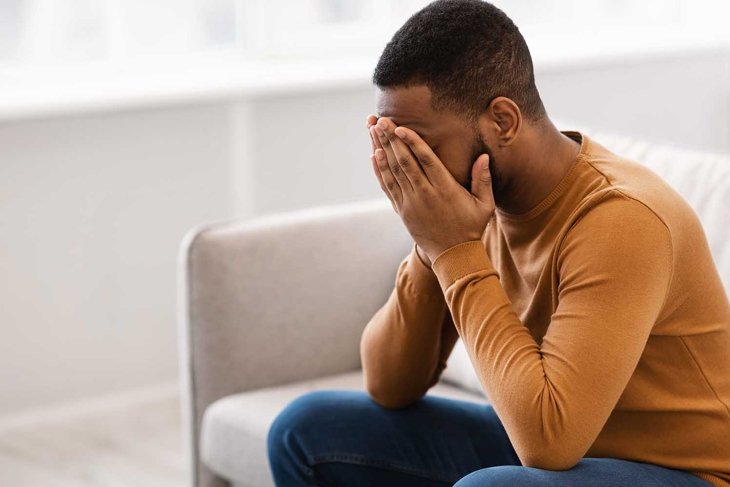
Women are diagnosed with depression about two times more than men are. Major hormonal changes in women (during pregnancy or menopause, for example) could account for some of this difference. Researchers note that depression is often under-recognized in men, perhaps because of outdated stereotypes about manly dudes being tough and untouchable.
Take care: Invest in your mental health by making time for self-care and surrounding yourself with supportive friends and family. Seek the assistance of a mental health professional if you suspect you’re depressed.
03
Longevity
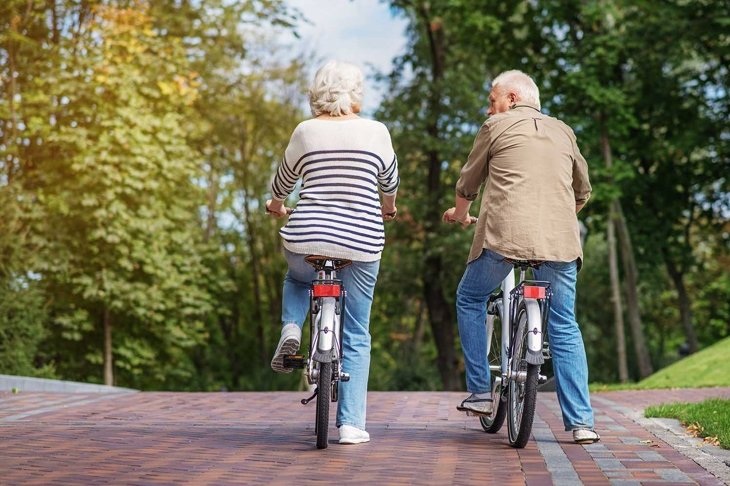
In America, women can expect to live about five years longer than men. Life expectancy for Americans born in 2018 is 81 years for women and 76 years for their male counterparts. This could be because women are more prone to mild but persistent ailments like allergies and headaches, whereas men are more prone to serious conditions like heart disease and the most deadly forms of cancer … or maybe women are just resilient AF?
Go long: Exercise is key if you want to add years to your life. In one study of more than 2,000 senior men, regular exercise was associated with a 30 percent lower risk of mortality. Walking briskly, jogging, cycling and swimming could all help you live better, longer.
04
Cancer

Slightly more American men than women develop cancer, and more men than women also die from cancer. For obvious reasons, breast cancer is more common in women. But other kinds of cancer, like stomach and liver cancer, are more frequently diagnosed in men. Some researchers believe this is partly due to a difference in smoking and drinking behaviors, but biological factors may also have something to do with it.
Protect yourself: Don’t smoke (duh), and drink less. Alcohol consumption has been linked with prostate cancer, breast cancer, stomach cancer and more, and Americans can be a boozy bunch. We’re ranked 25th in the world for per capita alcohol consumption, with the average American drinking the equivalent of 2.3 gallons of pure alcohol a year.
05
Colds and flu
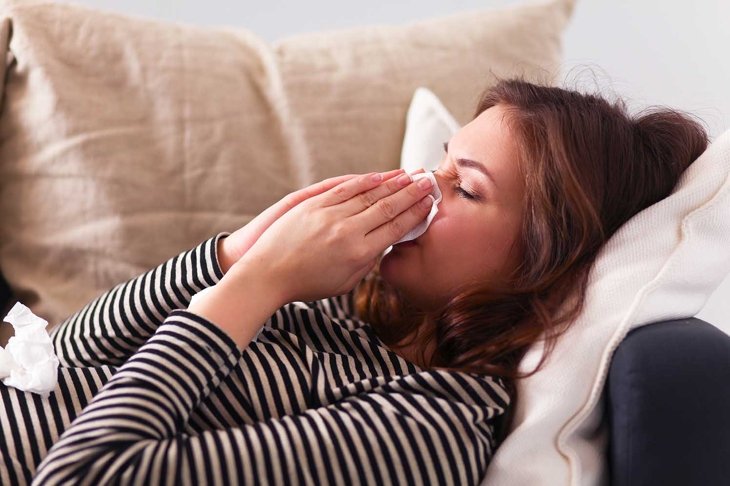
Women catch more colds than men, but men may experience more symptoms when they do start sneezing. Estrogen (a female sex hormone) may offer women some protection from the flu virus and result in fewer symptoms.
Does this mean that the so-called man flu (defined by Oxford Dictionaries as “a cold or similar minor ailment as experienced by a man who is regarded as exaggerating the severity of the symptoms”) is a real thing? Maybe, but researchers suggest that cultural factors play a bigger role than biological ones. Sorry, guys.
Stay healthy: Wash your hands often with soap and water for at least 20 seconds. Make natural immunity boosters like probiotics, garlic and echinacea your BFFs. If all else fails, watch a kitten sneeze on YouTube or giggle over an article like “17 Tweets You’ll Appreciate If Your Man Is a Giant Sick Baby”—laughter is a proven immune booster.
06
Sleep

On average, women require 20 more minutes of shut-eye than men in order to feel well rested—so it makes sense that men tend to get less sleep. More women than men experience sleep problems like insomnia and restless legs syndrome.
Rest easy: Wake up and head to bed at the same time every day (yep, even on lazy Sundays). Moderate aerobic exercise may be especially helpful for those with insomnia—but try to avoid working out within the three hours before bedtime. Sleep supplements like magnesium or melatonin could also help you fall asleep faster and snooze more soundly.
07
Sex vs. Gender

Sex and gender don’t actually mean the same thing. Sex refers to biological factors like reproductive function and hormones. Gender is all about the socially constructed roles and behaviors of men, women and gender-diverse people. Understanding how both sex and gender affect well-being could give you an edge in preserving your health—and help ensure you get treated correctly if a problem does crop up.
08
best supplements for women
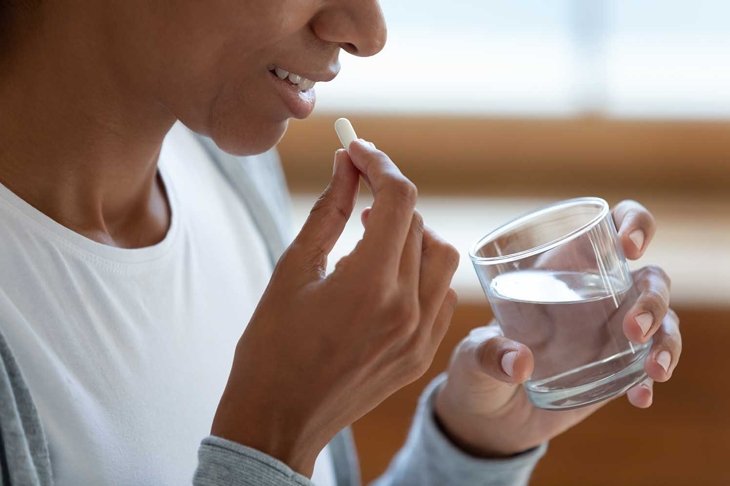
Women’s multi
Men and women might share everything from shampoo to clothes (boyfriend jeans, anyone?), but we have different requirements when it comes to multivitamins. Look for a multi that’s formulated for your specific health needs. For example, multis for premenopausal women usually contain extra iron and folic acid.
Calcium
Calcium has a well-earned rep for keeping bones strong and helping women stave off osteoporosis. A 2013 review of findings from about 30,000 women found that those taking calcium and vitamin D supplements had a lower incidence of vertebral fractures compared to women who didn’t take these supplements.
Iron
Women need more iron than men to make up for the iron they lose each month (thanks, period). Signs of low iron can include tiredness, difficulty exercising and coldness in hands and feet. Iron deficiency is easy to diagnose with a quick blood test and can be treated with iron supplements and an increased intake of iron-rich foods, like spinach, beans and dried apricots.
09
best supplements for men
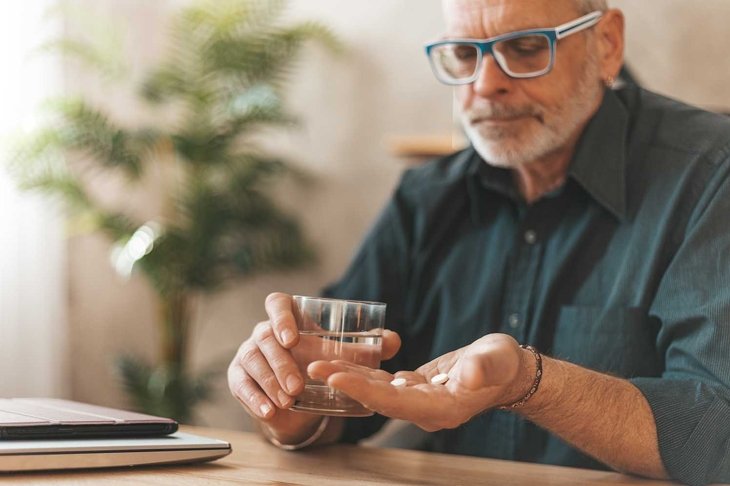
Men’s multi
In general, men are less likely than women to get the recommended five or more servings of fruits and veggies per day. A daily multi can help make up for those days when pizza and beer win out over quinoa salad and kombucha.
CoQ10
Coenzyme Q10 (CoQ10) is well known for helping to treat heart-related conditions like heart failure and high blood pressure. Plus, CoQ10 is thought to help improve exercise performance through its powerful antioxidant capabilities.
Lycopene
You can thank this next-level antioxidant for giving tomatoes their rich red hue. Lycopene is particularly beneficial for cardiovascular health. It’s also been linked with a reduced risk of prostate cancer.
10
supplements for all

The following supplements can benefit almost anyone (but always check with your health care practitioner to confirm which supplements are best for you).*
Probiotics
The darlings of the supplement world, probiotics are used to prevent gas, cramping and other unpleasant side effects of antibiotics. Probiotics replenish healthy bacteria in your body and help restore digestive balance, and they may even support mood, cognition and skin health!
Vitamin D
Imagine a line running from LA to Columbia, SC. If you live anywhere north of that line, you probably don’t get enough vitamin D—a hormone that’s majorly important for immune and bone health. Supplements are pretty much essential whenever you can’t get 15 minutes of direct sunlight each day (more if you have darker skin!). Plus, they’re a better option than exposing your skin to UV radiation, regardless of where you live.
Omega-3s
These essential fatty acids may help lower your risk of heart disease and stave off inflammation. Getting more omega-3s has even been linked with improved mood.
What about vegans?
Yes, you can find vegan options for supplements like multis, probiotics, vitamin D, calcium, CoQ10 and omega-3 fatty acids. Everyone wins!



